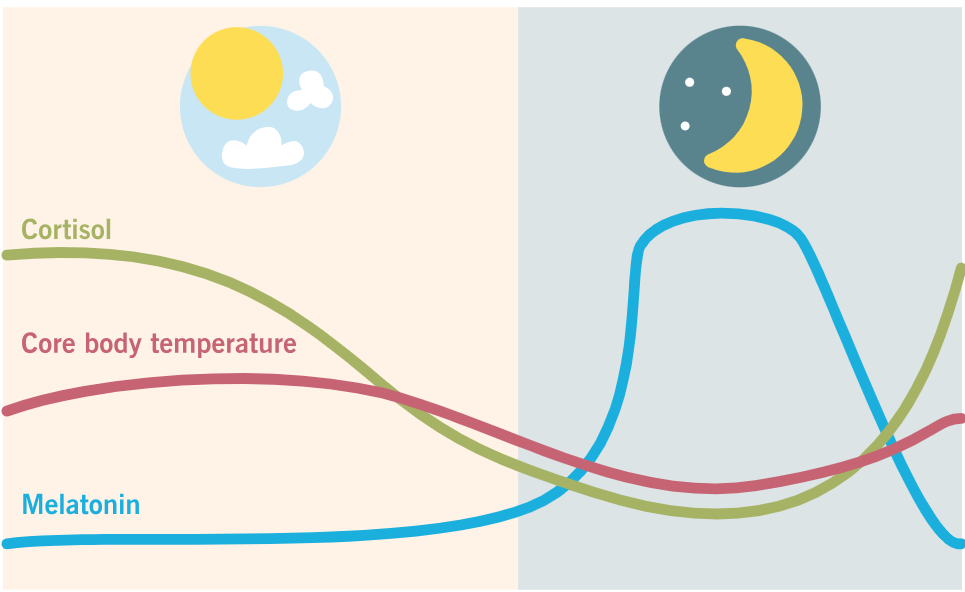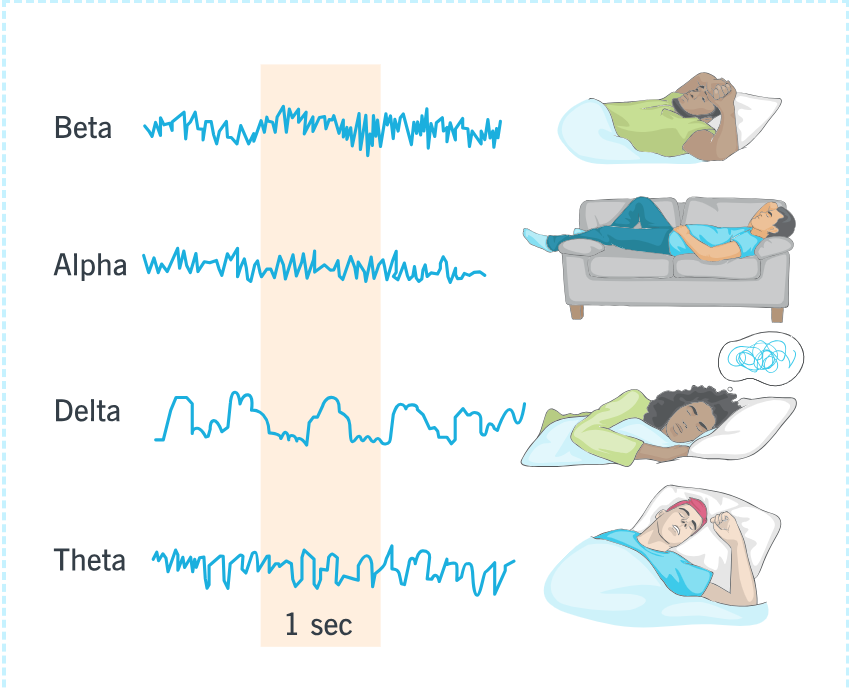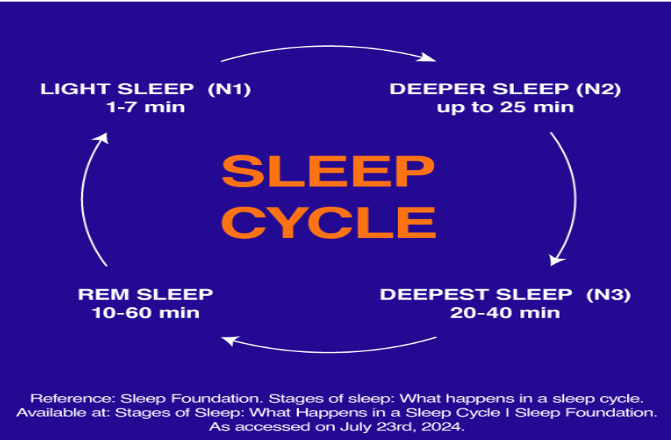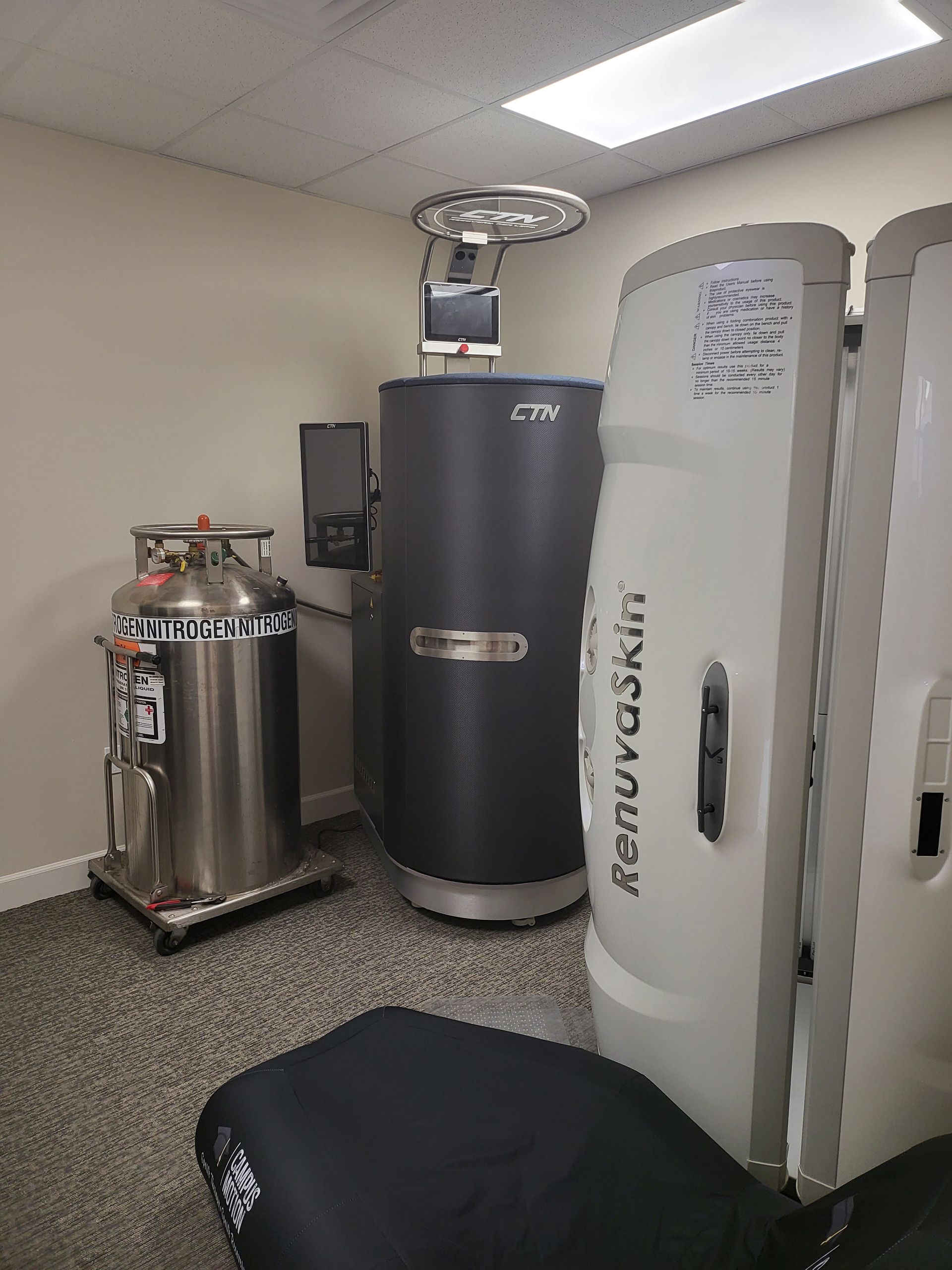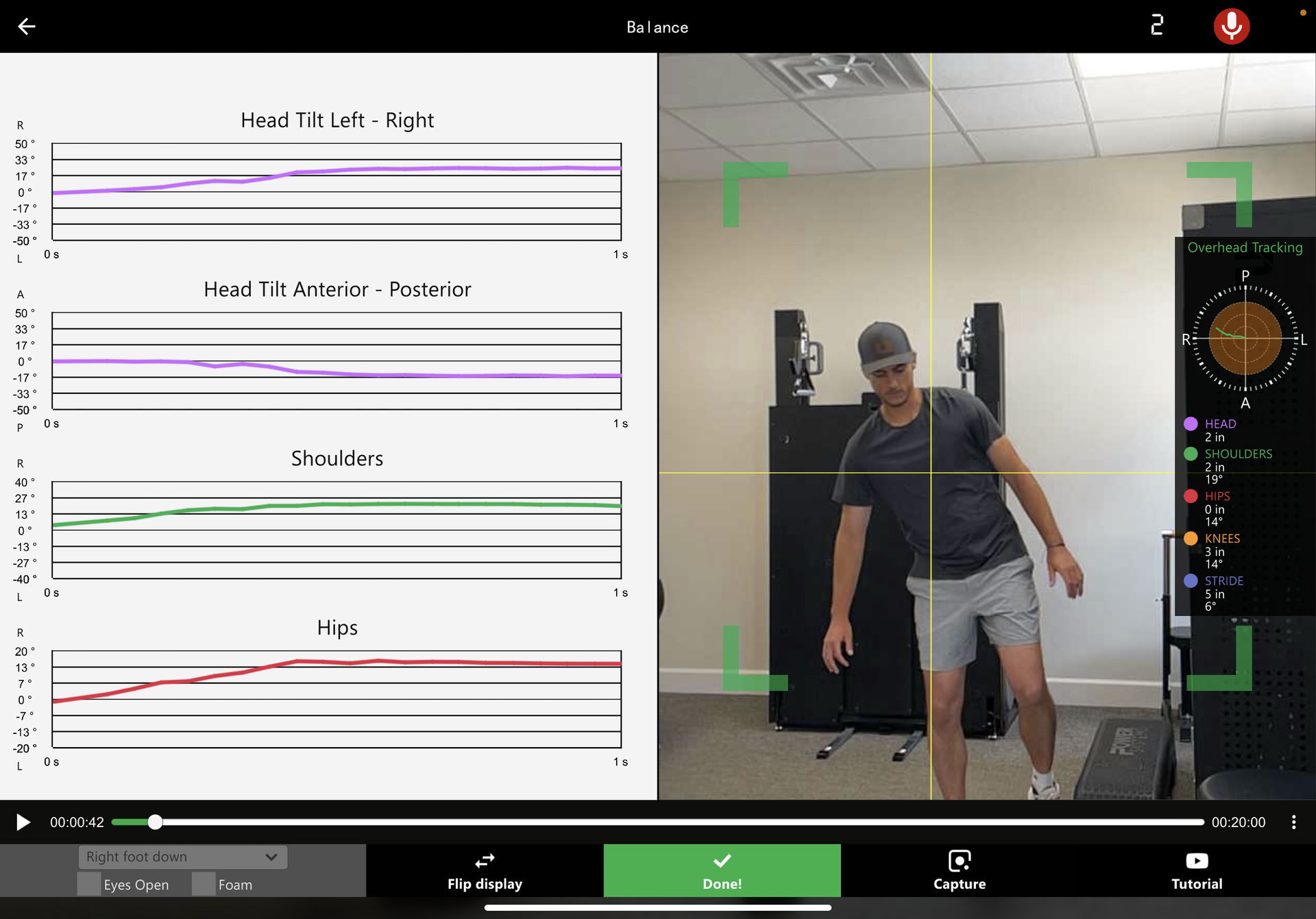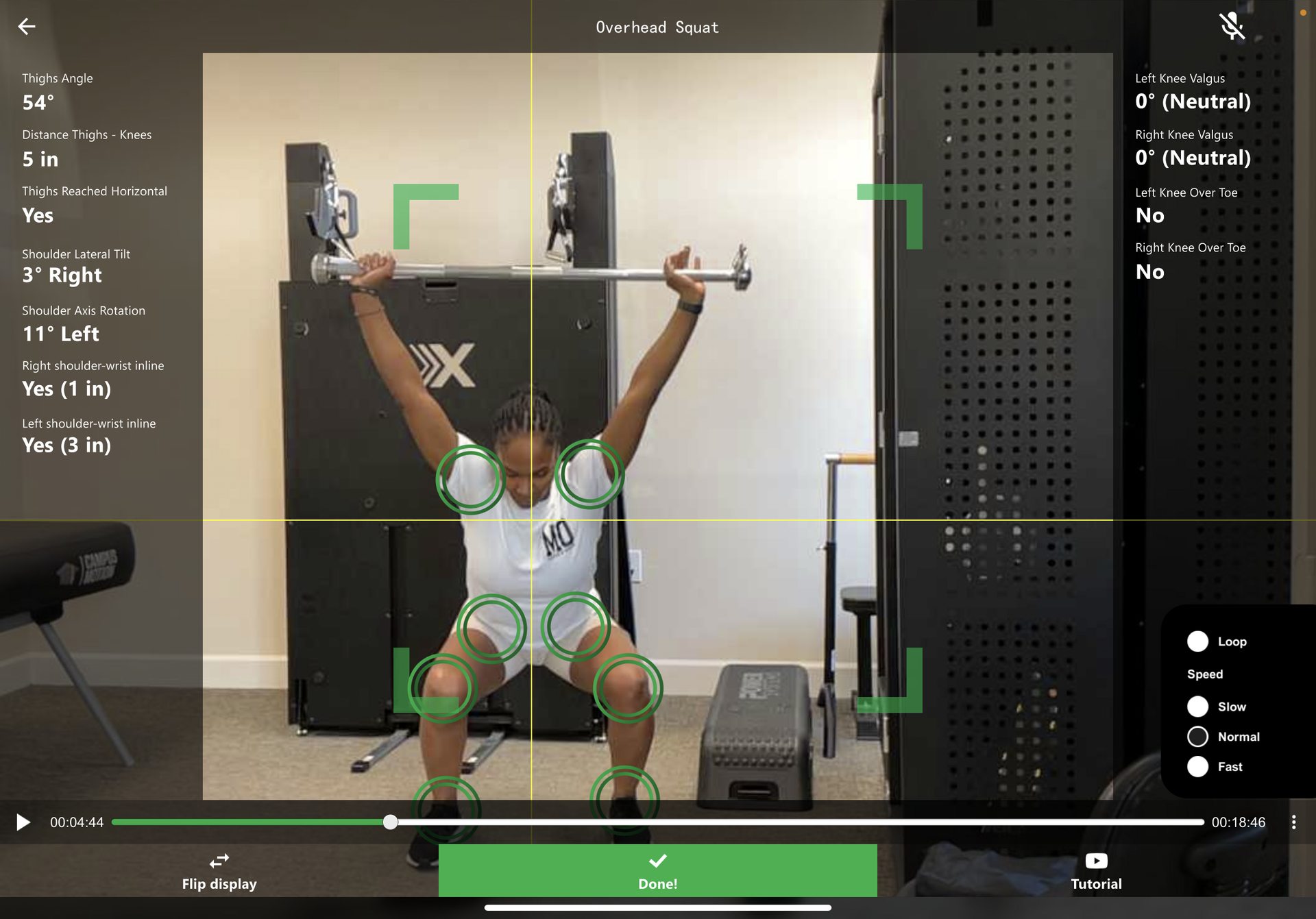Understanding Resting Metabolic Rate (RMR) for Nutrition & Weight Loss
Are you looking for an extra edge in your nutrition or weight loss journey? What could you accomplish if you had knowledge of how and when your body utilizes your fuel sources and how you can increase your metabolism? Read on to see how a Resting Metabolic Rate Test can help you get the data necessary to take your fitness to a new level!
Resting Metabolic Rate in Cypress, TX
When it comes to weight loss and nutrition, many factors come into play. One of these is your resting metabolic rate (RMR). But what exactly is RMR? It plays a pivotal role in determining how quickly and effectively you can shed those extra pounds.And why does it matter when you're trying to lose weight or maintain a healthy diet? In this post, we'll delve into the importance of resting metabolic rate on nutrition and weight loss.
Understanding Metabolic Rate
Your metabolic rate refers to the number of calories your body needs to perform basic functions like breathing, circulating blood, adjusting hormone levels, and growing and repairing cells. This is also known as your Basal Metabolic Rate (BMR). When at rest, the calories burned are referred to as your Resting Metabolic Rate (RMR).
Your RMR accounts for about 60-75% of the total calories you burn each day. Therefore, understanding your RMR can provide valuable insights into how many calories you should consume and burn for effective weight loss. The remaining percentage comes from physical activity (exercise or non-exercise movement) and the thermic effect of food (the energy required to digest and process food). Understanding your RMR can provide valuable insights into how many calories you should consume and burn for effective weight loss.
The Role of Resting Metabolic Rate on Nutrition & Weight Loss
The relationship between your RMR and weight loss is simple: the higher your metabolic rate, the more calories you burn at rest, leading to more significant weight loss. Conversely, a lower metabolic rate means fewer calories burned at rest, making it harder to lose weight.
This explains why some people can eat a lot without gaining weight while others struggle with shedding pounds despite strict diets. It all comes down to their individual metabolic rates.
Understanding your resting metabolic rate can be a game changer when it comes to nutrition. Knowing how many calories your body needs just for basic functions can help you plan your diet more effectively.
If you consume fewer calories than your RMR requires, you may not provide enough fuel for these essential bodily functions. This could lead to fatigue, nutrient deficiencies, weakened immune system, and other health problems over time.
Factors Influencing Resting Metabolic Rate
Several factors can affect your RMR. These include age (RMR decreases with age), gender (men generally have higher RMR due to more muscle mass), genetics, body size and composition (more muscle mass increases RMR), temperature (cold weather can increase RMR as body works harder to maintain normal temperature), and nutritional status.
Consuming protein-rich foods can increase your metabolism because they require more energy for digestion compared to fats or carbohydrates. Similarly, certain types of fats like Medium Chain Triglycerides (MCTs) found in coconut oil are known to boost metabolism.
Since losing weight typically involves creating a calorie deficit - that is consuming fewer calories than you burn - knowing your RMR helps determine how many calories you should be eating each day.
For example if your RMR is 1500 calories per day and through physical activity you burn an additional 500 calories per day then eating around 1800-2000 calories per day would create a moderate calorie deficit leading to gradual healthy weight loss without starving yourself or risking nutrient deficiencies.
Boosting Your Metabolic Rate for Weight Loss
While genetics play a significant role in determining our metabolic rate, there are ways we can boost it naturally:
1) Regular Exercise: Physical activity increases muscle mass which burns more calories than fat even when at rest.
2) Adequate Sleep: Lack of sleep disrupts hormones that regulate metabolism leading to slower metabolic rates.
3) Hydration: Drinking water boosts metabolism temporarily as our bodies use energy (calories) to heat the water up to body temperature.
4) Eating Regularly: Smaller meals spaced throughout the day keep our metabolism active as opposed to large meals which may slow it down.
Conclusion
The importance of resting metabolic rate on nutrition & weight loss cannot be understated. Understanding and optimizing it provides an effective strategy towards achieving sustainable weight loss goals while maintaining overall health.
Remember that every individual's body responds differently; what works for one person might not work for another, By knowing our bodies' caloric needs we are better equipped to make informed dietary decisions that support our health goals without compromising our wellbeing.
Contact us today if you are interested in turbocharging your fitness with a Resting Metabolic Rate Test!
